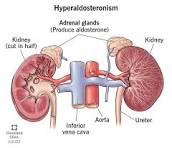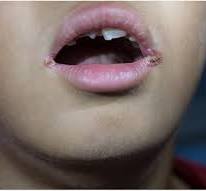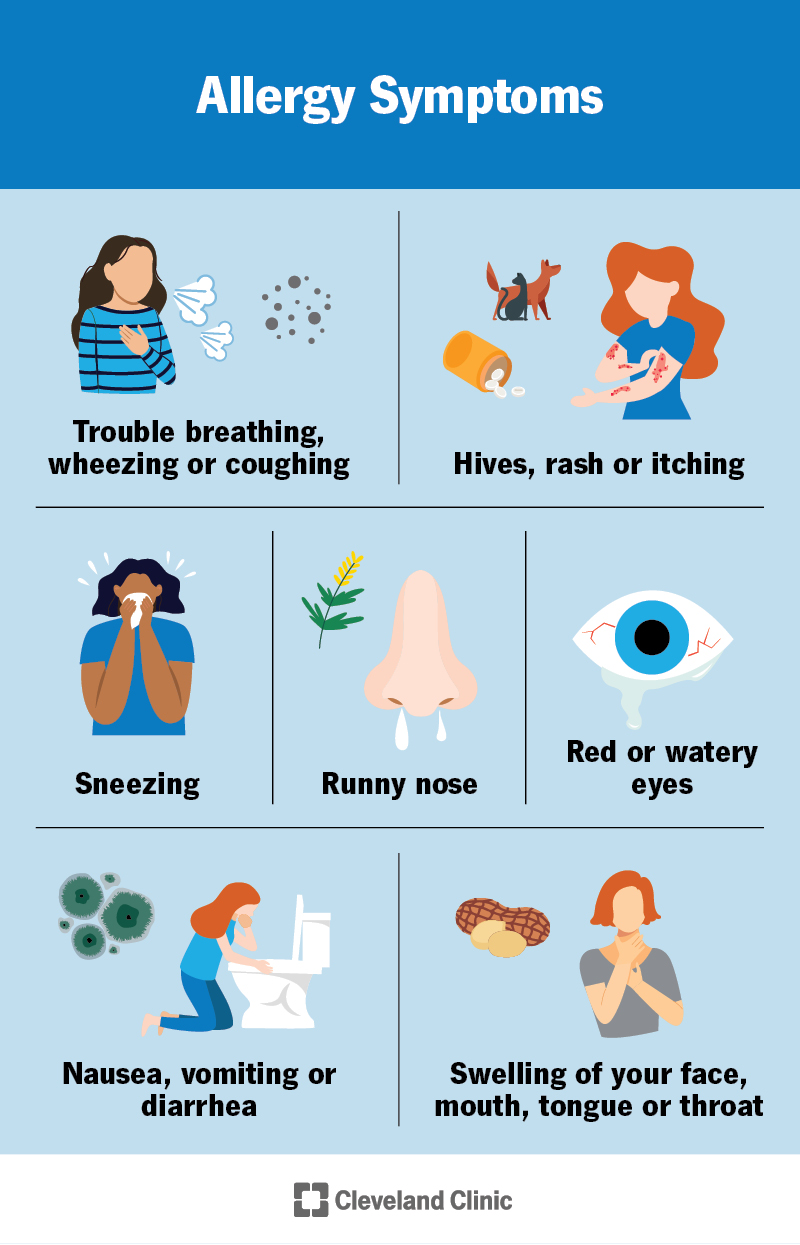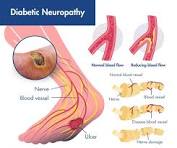INTRODUCTION
Health is wealth—a simple yet profound truth. One sickness can drain a
lifetime of savings, leaving individuals and families in distress. While modern
medicine has made remarkable strides in diagnosing and treating diseases, many
health conditions continue to defy medical solutions, pushing us to explore
alternative approaches.
Natural remedies have been a cornerstone of healing for centuries, long before
the advent of modern pharmaceuticals. Across cultures and civilizations, people
have relied on nature’s gifts—herbs, roots, fruits, and holistic practices—to
restore health and vitality. While this encyclopedia does not seek to undermine
the importance of medical science, it aims to complement it by shedding light
on time-tested natural solutions. It encourages further research into the power of
nature in healing, offering insights into remedies that have provided relief to
countless individuals.
Natural Remedies Conn’s Syndrome (Primary Hyperaldosteronism)
Conn’s syndrome, also known as primary hyperaldosteronism, is a
medical condition in which the adrenal glands produce too much
aldosterone, a hormone that regulates sodium and potassium balance.
This can result in high blood pressure, low potassium levels, fatigue,
and muscle weakness. While standard treatment typically includes
medications or surgery, certain natural remedies may support the
medical approach and help manage symptoms. The following herbs and
natural treatments have been associated with potential benefits for
people with Conn’s syndrome:
1. Dandelion Root
How it works: Dandelion root acts as a natural diuretic and may
help the body eliminate excess sodium and water, which can
support blood pressure regulation.
Preparation: Steep 1–2 teaspoons of dried dandelion root in a
cup of hot water for around 10 minutes to make a tea.
Usage: Drink once or twice daily. Dried dandelion root is
commonly available in health food stores and local markets.
2. Hawthorn Berry
How it works: Hawthorn is thought to promote vasodilation and
may have a gentle diuretic effect, aiding in blood pressure
reduction.
Preparation: Steep 1–2 teaspoons of dried hawthorn berries in
hot water for 10–15 minutes to prepare a tea.
Usage: Consume 2–3 times a day. Hawthorn berries and
supplements can be found in health food stores or local herb
markets.
3. Garlic
How it works: Garlic contains allicin, a compound associated
with cardiovascular benefits, including mild blood pressure
reduction.
Preparation: Fresh garlic can be added to meals, or garlic
supplements may be taken based on labeled dosage instructions.
Usage: Widely available in local markets (fresh) and health food
stores (capsule or tablet form).
4. Olive Leaf Extract
How it works: Olive leaf extract contains oleuropein and other
antioxidants that may help reduce blood pressure and support
heart health.
Preparation: Use as directed on the product label, usually in
capsule or liquid extract form.
Usage: Sold in health food stores and some local markets that
stock natural health products.
5. Nettle Leaf
How it works: Known for its diuretic properties, nettle leaf may
assist in reducing fluid retention and lowering blood pressure
levels.
Preparation: Steep 1–2 teaspoons of dried nettle leaves in a cup
of hot water for 10–15 minutes to prepare an herbal tea.
Usage: Drink a few times a day. Dried nettle leaves are available
at herbal shops and natural markets.
6. Aloe Vera
How it works: Aloe vera may exert mild antihypertensive effects
and promote kidney function, which is beneficial in managing
symptoms of Conn’s syndrome.
Preparation: Extract the gel from a fresh aloe leaf and mix with
water or juice to create a drinkable tonic.
Usage: Fresh aloe leaves can be found in local produce markets,
and aloe vera juice or gel products are sold in health food stores.
Key Consideration
These natural remedies may offer mild supportive benefits for
individuals with Conn’s syndrome, particularly in managing blood
pressure and promoting kidney health. However, they should never be
used as a substitute for medical care. Conn’s syndrome often requires
targeted medical treatment, such as mineralocorticoid receptor blockers
or adrenal surgery. Always consult a qualified healthcare provider
before starting any herbal remedies, as some may interact with
prescribed medications or pose risks depending on your health profile.



